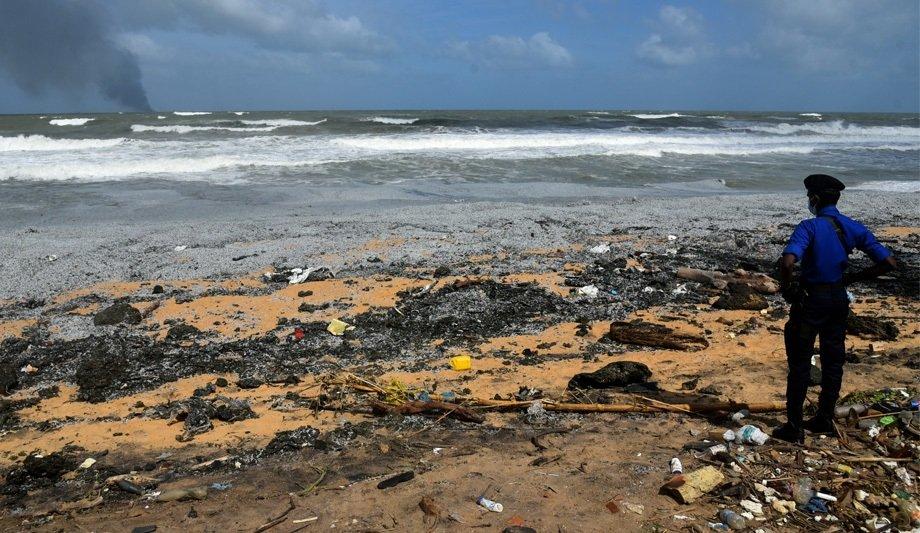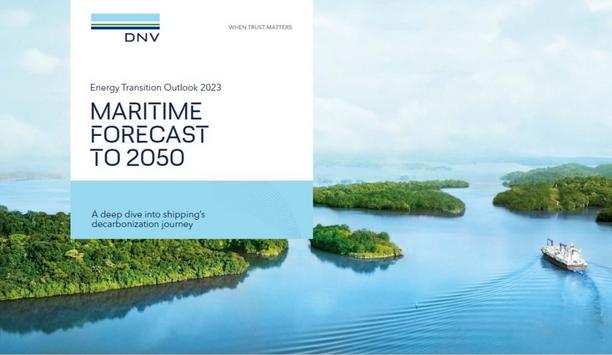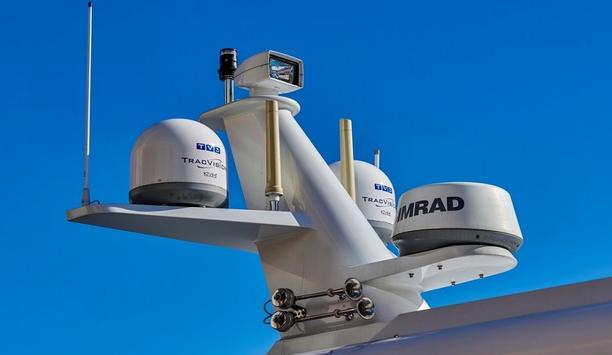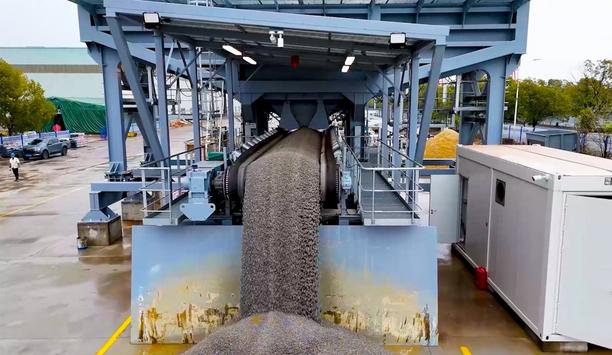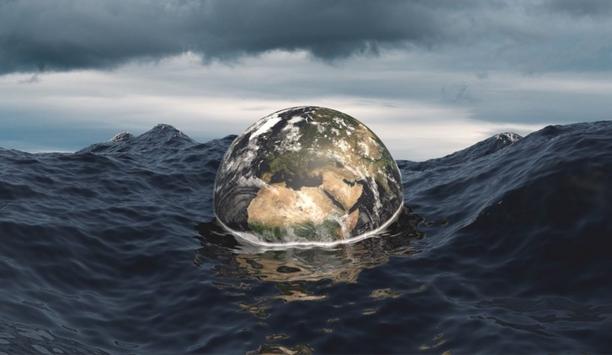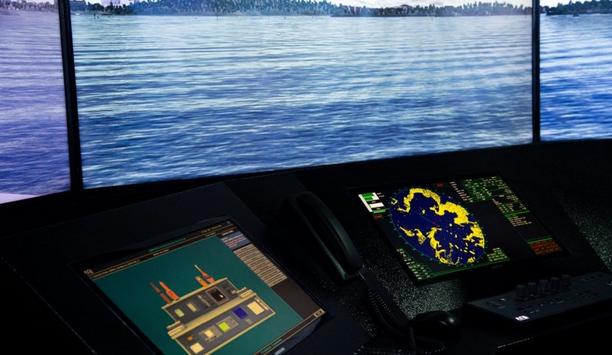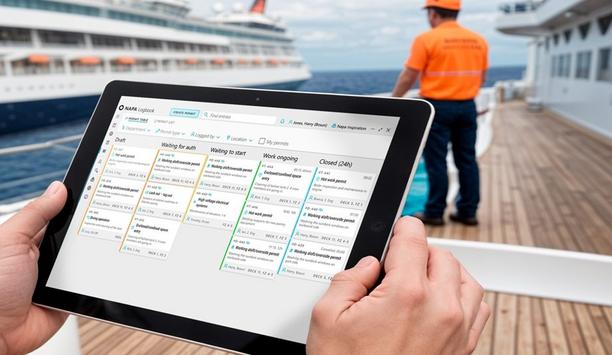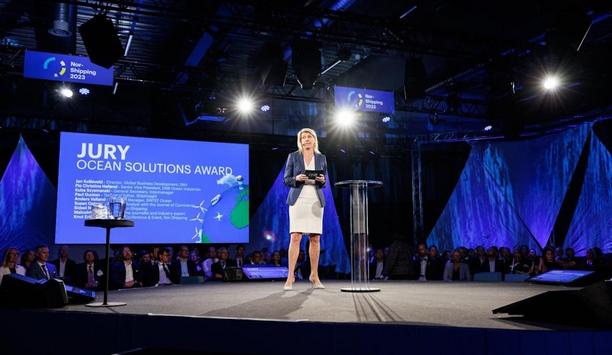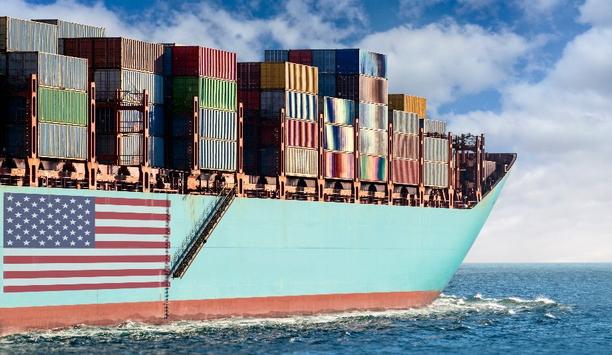As a crucial element in the maritime sphere, insurance is almost as basic as sea water. It has also been around almost as long, with concepts of insurance dating back to Hammurabi law in ancient Babylon. The first formal marine insurance policy still recognisable now was from 1350.
Lloyd’s Coffee House was the first insurance market, in the late 1680s, evolving eventually into the world’s largest insurance marketplace. Looking to the future, insurance in the maritime sector is poised to be impacted by the same trends that are shaping the future of the maritime industry in general, including decarbonisation and digitalisation.
Possible new risks
Insurance companies must accommodate possible new risks inherent in decarbonisation trends such as use of biofuels, ammonia, and hydrogen fuel cells. New vessel designs to minimise carbon impact will create new risks to be assessed and managed. When ships introduce new designs, insurers will need to adapt. In the digital arena, new risks include exposure to cybersecurity threats.
Total loss only (TLO) insurance covers only the total loss of a vessel but not any partial loss
Previous common law related to marine insurance was codified into the Marine Insurance Act in 1906. It incorporates so-called Institute Clauses related to marine insurance, which were standardised in the 19th century. Typically, marine insurance is split between the vessels (hull and machinery [H&M]) and the cargo. Total loss only (TLO) insurance covers only the total loss of a vessel but not any partial loss.
Marine insurance coverage
Protection and indemnity (P&I) Insurance is liability insurance for practically all maritime risks associated with the operation of a vessel, other than that covered under a workers' compensation policy and under the collision clause in a hull policy. A third insurance line is freight, demurrage, and defence (FD&D) that primarily protects charterers.
Marine cargo insurance enables shippers to protect their goods from loss, damage, or theft during an ocean voyage and at a relatively low cost. Various policies are available to cover specific shipments and situations. Environmental concerns can intersect with marine insurance coverage. There has been discussion about providing insurance to address plastic pollution as a result of plastic cargo losses at sea. Such policies should factor in liability for marine plastic pollution, clean-up, and conservation.
Mutual underwriting clubs
A marine policy historically covered only three-quarters of an insured’s liability
A marine policy historically covered only three-quarters of an insured’s liability. In the 19th century, shipowners began banding together in mutual underwriting clubs known as Protection and Indemnity (P&I) Clubs to insure the remaining one-quarter liability.
P&I Clubs still thrive. In fact, a recent mega-merger among influential P&I clubs will create one of the largest providers of mutual cover in the maritime industry. North P&I and Standard Club are in the process of merging, and the combined club will provide cover for vessels totalling about 400 million gross tonnage. The combination will create mutual insurers with greater financial resilience able to weather a changing and volatile maritime sector, with a capital buffer that exceeds regulatory requirements. The marine insurance sector has been challenged in recent years by a wave of outsize claims. Insurers seek to raise premiums to strengthen their balance sheets while keeping prices low enough to be competitive.
Business insurance lines
General hull insurance does not cover the risks of a vessel sailing into a war zone, such as a tank sailing in the Persian Gulf during the Gulf War in the 1990s. Insurance coverage in a war zone is a timely issue with the war in Ukraine.
Business underwritten in Ukraine, Russia and Belarus represents less than 1% of the market’s global total
Lloyd’s of London has been cooperating with the UK government to implement sanctions against Russia imposed over the war in Ukraine, including cancelling Russian firms’ insurance coverage. Marine is among the business insurance lines most affected by the war in Ukraine; others are aviation, trade credit and political risk. The war will present a major claim for the insurance this year, but it is ‘manageable,’ says Lloyd’s. Business underwritten in Ukraine, Russia and Belarus represents less than 1% of the market’s global total.
Obtain insurance cover
Big losses are expected from claims related to ships trapped in the Black Sea and disrupted exports of agricultural products from Ukraine and Russia. The cost of insuring merchant ships sailing to Black Sea ports has been spiralling during the war, becoming an impediment to moving Russian cargoes from the region. The Black Sea is a hub for exports of crops, oil, fuel and raw materials. Lloyd’s Market Association’s Joint War Committee has added the waters of Russia to its list of riskiest areas.
Another blow against Russia’s maritime sector has been a move by the International Association of Classification Societies (IACS) to exclude the Russian Maritime Register of Shipping (RMRS). Insurance contracts require that a vessel be classified by an IACS member, which affects the performance of the insurance contract. Russian vessels will find it more complicated or expensive to obtain insurance cover.
